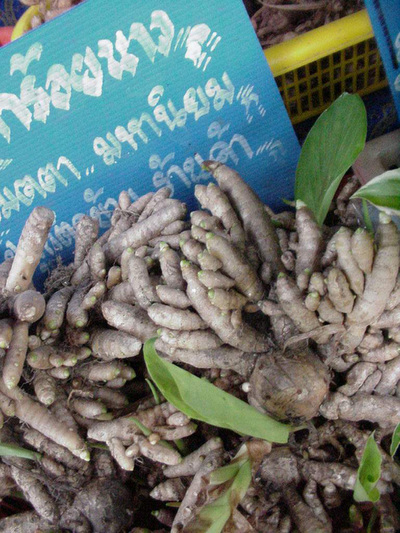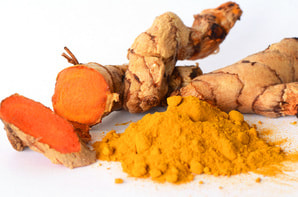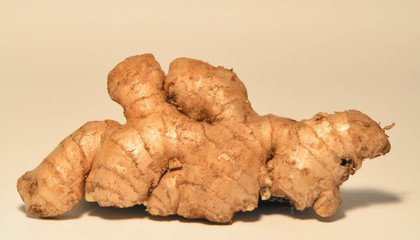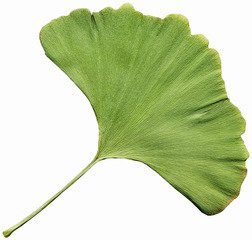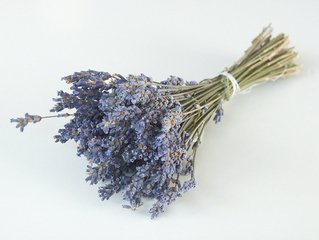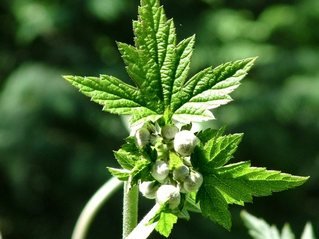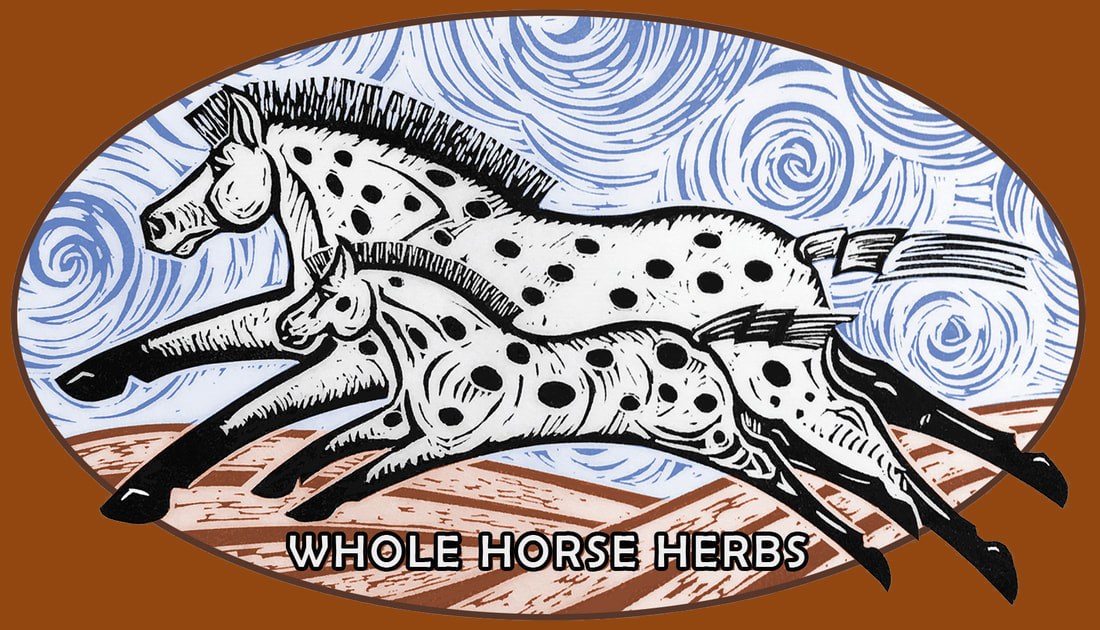Equine Fungal Infections
Chinese Herbs and Essential Oils Pair up to Fight Fungal Infections
Click here to Download our article and chart of antifungal oils and herbs
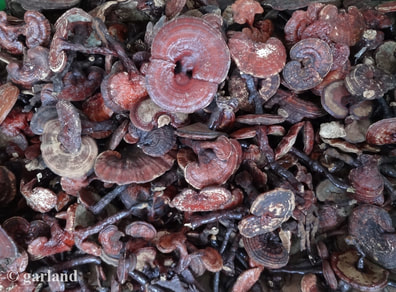
By Gloria Garland L.Ac., Dipl. Ac. & Ch.
Fungal infections can be a real frustration for horses and owners alike! Chinese herbs and their corresponding essential oils can offer help resolving theses pesky conditions.
From the Chinese medicine perspective, fungal infections like ringworm, rain rot and girth itch are considered excesses of dampness and heat on the horse’s skin.
When your horse’s skin is too damp or warm, either from diet or living conditions, the body’s outer terrain becomes a welcome environment for fungus to set up housekeeping. Imagine a mushroom farm. The tasty mushrooms in your salad are edible fungi, like all fungi they grow, propagate and thrive in dark, moist, warm environments.
The Chinese medicine approach to eliminating fungal infections is quite straightforward. The treatment goal is to make the environment -- your horse’s skin -- less friendly to fungi. This is accomplished by the topical application of herbal & essential oil “opposites”. Very simply we dry up what is too moist and cool down what is excessively warm.
Fungal infections can be a real frustration for horses and owners alike! Chinese herbs and their corresponding essential oils can offer help resolving theses pesky conditions.
From the Chinese medicine perspective, fungal infections like ringworm, rain rot and girth itch are considered excesses of dampness and heat on the horse’s skin.
When your horse’s skin is too damp or warm, either from diet or living conditions, the body’s outer terrain becomes a welcome environment for fungus to set up housekeeping. Imagine a mushroom farm. The tasty mushrooms in your salad are edible fungi, like all fungi they grow, propagate and thrive in dark, moist, warm environments.
The Chinese medicine approach to eliminating fungal infections is quite straightforward. The treatment goal is to make the environment -- your horse’s skin -- less friendly to fungi. This is accomplished by the topical application of herbal & essential oil “opposites”. Very simply we dry up what is too moist and cool down what is excessively warm.
Chinese herbals are classified by several categories, including taste and temperature. In the case of fungal infections, we dry dampness with aromatic herbs and dissipate heat with cooling herbs and oils. Essential oils, because of their aromatic nature, are ideally suited to the task. It is a simple and effective approach.
Topical Chinese herbal and essential oil treatments are easy to make and apply. I like to brew a tea of herbs and add a few drops of essential oils. The mix can be applied with a spray bottle, sponged on or mixed with aloe vera gel and painted on.
Topical Chinese herbal and essential oil treatments are easy to make and apply. I like to brew a tea of herbs and add a few drops of essential oils. The mix can be applied with a spray bottle, sponged on or mixed with aloe vera gel and painted on.
|
Basic antifungal tea mix
Bring 6 cups of water bring to a gentle boil in a glass or stainless steel pot (never use aluminum or non-stick cookware). Add ¼ cup dry Hou xiang (Patchouli) and ¼ cup dry Pei lan (Eupatorium). Cover and remove from heat (don’t over heat aromatic herbs). Let stand at least two hours. Add 10 drops tea tree oil or any other essential oil included on the list (optional). Apply with a sponge or sprayer, shaking well before applying, and saturate the affected area once or twice daily. |
Antifungal mix - essential oils
In 3/4 cup of aloe vera juice or aloe gel, mix the following: 15 drops patchouli oil 10 drops tea tree oil 10 drops each - Choose one or two of the following: Geranium Cedar wood Neroli Myrrh Eucalyptus (use 5 drops) Mix well and paint on affected area once or twice daily. Store your mixture covered in the refrigerator when not in use. It will last several weeks in the refrigerator. |
Caution: Some herbs can be staining to white hair. This is easily washed off after treatment. Some of the citrus essential oils can cause photosensitivity. Use with caution on white hair and light skin.
I also recommend eliminating sweet and heat producing foods from the diets of horses suffering from skin fungus. From the traditional Chinese medicine perspective, feeds containing molasses, sugar or corn create a condition of internal dampness and heat, which aggravate itchy, inflamed skin.
I also recommend eliminating sweet and heat producing foods from the diets of horses suffering from skin fungus. From the traditional Chinese medicine perspective, feeds containing molasses, sugar or corn create a condition of internal dampness and heat, which aggravate itchy, inflamed skin.
